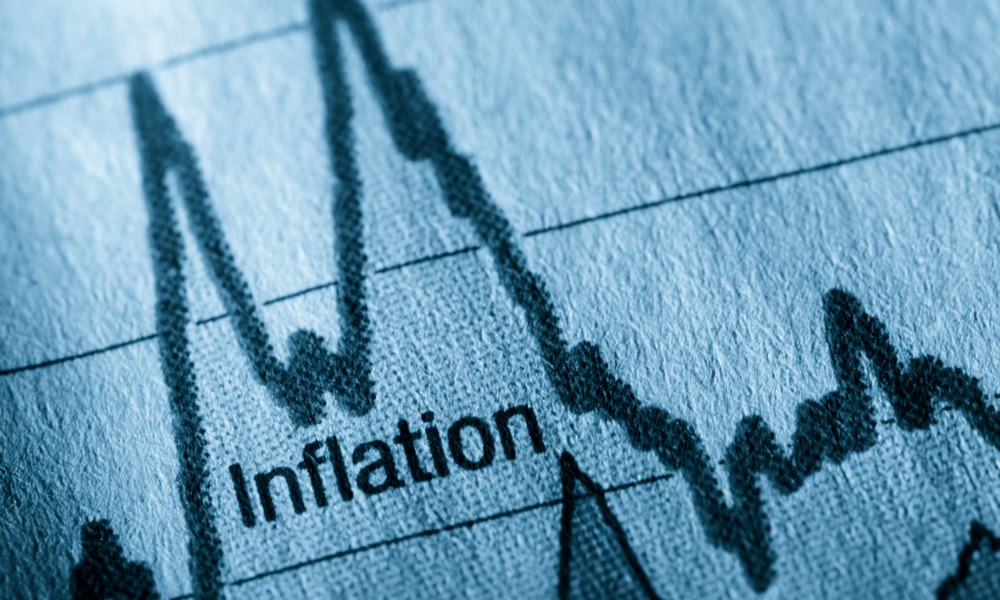CIO says data points will be scrutinised for hints of a central bank U-turn as inflation and taper fears creep into markets

The toughest part of the pandemic is under way for central banks. How do they get the message across that they will have to taper without giving back all their hard-fought gains?
That question could form that narrative of the summer, according to Greg Taylor, chief investment officer at Purpose Investments, who believes data points over the coming months will be scrutinized for signs of inflation or hints that central banks will need to adjust their course.
As a result, the upcoming weeks may see increased volatility as we move from one data point to the next. He said: “Sector rotation will continue to be key — in a period of rising rates, different sectors will win versus others. Summer markets should be quiet and offer investors a much-needed vacation, but they may also be volatile with low liquidity.”
The events of the summer could well dictate the path forward for financial markets. Now the tide appears to have turned against the virus due the vaccine program, the big issues is how and when the extraordinary government measures will be removed.
This will be most important in the U.S., Taylor said, because of the likelihood that its economy will be fully open by July. With consumer balance sheets flush with stimulus cash and spending following suit, this is pushing the demand - and prices - for everything through the roof as supply chains struggle to keep up.
Taylor explained: “Whether our economy is in a ‘transitory’ stage is at the heart of the debate. Central banks commonly have an inflation target in mind; if the rate of inflation gets too high, they will take off measures, such as quantitative easing, to address this.
“Early in the pandemic, central bankers were out telling everyone they would be prepared to let ‘things run hot’ and not be too quick to tap the breaks. But as signs of inflation are appearing everywhere, have we hit the point it can’t be ignored? Do prices normalize as supply chains resume normal production levels? Was this a blip? These are the questions on everyone’s mind as they monitor the central bankers’ next move.”
For investors, it’s about keeping their purchasing power, hence the demand for real assets like real estate and other commodities, while commodity currencies like the loonie have outperformed. The big question is whether these trends continue if banks reverse course and attempt to control inflation by removing the emergency measures.
Taylor said: “The term ‘taper’ joined the financial conversation in 2013 as the central bankers attempted to take off the stimulus from the 2008 crisis. At that time, this change in course seemed to catch investors off guard and markets corrected in what has been referred to as the ‘taper tantrum.’ Are we setting up for a repeat this time around? That is the fear that has crept into the market.”



